All these new products won’t manage themselves
I know it’s not what you want to hear, j-school professors, but in the coming year, most of your journalism graduates probably aren’t going to work as reporters and editors.
You’ve spent years training them how to interview sources and write stories, teaching them to speak truth to power and uphold the tenets of the First Amendment. You’ve drilled them in inverted pyramids, AP style, and the proper placement of commas and apostrophes. But the economics of the current environment don’t support thousands of new graduates every year moving into traditional journalism roles at the remaining, and continually dwindling, news organizations. Sure, it’s great when one lands a job at a local newspaper or television station, or when one of your graduates makes the jump to report for a high-profile national or international news organization. But for every one of these graduates, there are hundreds of others who won’t or can’t find that type of employment.
The good news is that there are jobs they can fill. Important jobs. Jobs that influence storytelling and affect democratic ideals. These are jobs across industries that rely on the conception, development, and maintenance of digital products. And these products aren’t going to manage themselves! Most companies, including news organizations, are in dire need of employees who can integrate the rigor of strong communication skills and ethics with technology savvy to develop digital products. They require people who can understand audience needs and the ways in which the elements of digital products affect information dissemination, audience engagement, and civic participation. Just look around at the state of social platforms, and you will see a stark, commercial landscape of vapid products mired in both intended and unintended consequences. Society is in need of people who can influence the direction of digital products and platforms in all industries, hopefully for the greater good.
Here are some directions that media graduates may take:
Jobs in media, just not the ones you think. The New York Times has Cooking and Crossword apps. The Texas Tribune tells interactive stories with data. Vox Media makes products to improve commenting systems. Gannett is experimenting with innovations in audio reporting. Think about the newsletter you read every day or the podcast you settle into each night. How do these products get made, and more importantly, by whom and in what roles? These are just a few examples of products that represent career opportunities for media graduates.
Jobs in tech. Modern media organizations are tech companies. They are just a special kind of technology company, just like Apple, Google, Facebook, and Netflix are all unique technology offerings. News organizations compete for the attention of the online audience. People get news from a range of sources, some biased and untrustworthy. Some are bastions of misinformation. Some spaces are not inclusive. These companies need graduates from our programs to help them understand the ramifications of their decisions and actions.
Jobs in other industries. Grocery and other retail; entertainment and hospitality; insurance companies and banks; nonprofits and government entities; business and trade associations. Think about the apps you use to order groceries or get takeout and the platforms you use to pay bills and make donations. Consider how the entire shopping process in every industry has changed. They’re all trying to figure out how to be the best version of a tech company they can be, within the constraints of their own legacies. Just like journalism. This further broadens the scope of relevant opportunities for tech-savvy media graduates.
This exodus from journalism jobs is not new. For decades, students have left journalism school and — whether from lack of interest, unsuccessful placement, or lack of demand — sheepishly taken roles in other communication fields. But this isn’t the same as journalism grads getting jobs doing PR for a utility company or the local nonprofit (which are also fine career options). While the foundational skills are still important, roles supporting digital products require a new set of skills and competencies in design thinking, user experience design, web and app development, product management, social media strategy, data and audience analysis, and more. And they are in demand!
We need to ask ourselves: Are we preparing our students for this range of digital product roles? And companies, especially media organizations, need to consider if they are hiring, supporting, and promoting the right people to manage the products that will define their digital futures.
With curriculum adjustments, we can broaden the scope of careers for graduates. In my program, alumni of our undergraduate and graduate programs in digital media work in media, but as web developers, software engineers, audience analysts, engagement specialists, and digital content creators. They work for Gannett, The Texas Tribune, and The New York Times. But they also work in these roles at Dell, Microsoft and Apple, TikTok and AirBnB, media and AI startups, city governments, nonprofits, insurance companies, and more.
The focus in curriculum needs to shift to making products, working with and presenting data, making decisions with analytics, telling stories on social platforms (including visuals, multimedia and emerging tech), understanding audiences, solving problems responsibly and ethically, and giving students the perspectives and confidence to work in this environment. We need to venture into the community and expand our networks to help create these opportunities for our students and alumni. We need to accept our place as educators of technology professionals.
My prediction isn’t that journalism and media schools will change. That is a position that I have been promoting and pleading for years. My prediction for 2022 is that the competencies for which most media programs are preparing students don’t line up with the demand, and most journalism graduates won’t find employment in the traditional roles for which they are being trained. My challenge is: What are you going to do to change that?
Cindy Royal is a professor and director of the Media Innovation Lab at Texas State University.

I know it’s not what you want to hear, j-school professors, but in the coming year, most of your journalism graduates probably aren’t going to work as reporters and editors.
You’ve spent years training them how to interview sources and write stories, teaching them to speak truth to power and uphold the tenets of the First Amendment. You’ve drilled them in inverted pyramids, AP style, and the proper placement of commas and apostrophes. But the economics of the current environment don’t support thousands of new graduates every year moving into traditional journalism roles at the remaining, and continually dwindling, news organizations. Sure, it’s great when one lands a job at a local newspaper or television station, or when one of your graduates makes the jump to report for a high-profile national or international news organization. But for every one of these graduates, there are hundreds of others who won’t or can’t find that type of employment.
The good news is that there are jobs they can fill. Important jobs. Jobs that influence storytelling and affect democratic ideals. These are jobs across industries that rely on the conception, development, and maintenance of digital products. And these products aren’t going to manage themselves! Most companies, including news organizations, are in dire need of employees who can integrate the rigor of strong communication skills and ethics with technology savvy to develop digital products. They require people who can understand audience needs and the ways in which the elements of digital products affect information dissemination, audience engagement, and civic participation. Just look around at the state of social platforms, and you will see a stark, commercial landscape of vapid products mired in both intended and unintended consequences. Society is in need of people who can influence the direction of digital products and platforms in all industries, hopefully for the greater good.
Here are some directions that media graduates may take:
Jobs in media, just not the ones you think. The New York Times has Cooking and Crossword apps. The Texas Tribune tells interactive stories with data. Vox Media makes products to improve commenting systems. Gannett is experimenting with innovations in audio reporting. Think about the newsletter you read every day or the podcast you settle into each night. How do these products get made, and more importantly, by whom and in what roles? These are just a few examples of products that represent career opportunities for media graduates.
Jobs in tech. Modern media organizations are tech companies. They are just a special kind of technology company, just like Apple, Google, Facebook, and Netflix are all unique technology offerings. News organizations compete for the attention of the online audience. People get news from a range of sources, some biased and untrustworthy. Some are bastions of misinformation. Some spaces are not inclusive. These companies need graduates from our programs to help them understand the ramifications of their decisions and actions.
Jobs in other industries. Grocery and other retail; entertainment and hospitality; insurance companies and banks; nonprofits and government entities; business and trade associations. Think about the apps you use to order groceries or get takeout and the platforms you use to pay bills and make donations. Consider how the entire shopping process in every industry has changed. They’re all trying to figure out how to be the best version of a tech company they can be, within the constraints of their own legacies. Just like journalism. This further broadens the scope of relevant opportunities for tech-savvy media graduates.
This exodus from journalism jobs is not new. For decades, students have left journalism school and — whether from lack of interest, unsuccessful placement, or lack of demand — sheepishly taken roles in other communication fields. But this isn’t the same as journalism grads getting jobs doing PR for a utility company or the local nonprofit (which are also fine career options). While the foundational skills are still important, roles supporting digital products require a new set of skills and competencies in design thinking, user experience design, web and app development, product management, social media strategy, data and audience analysis, and more. And they are in demand!
We need to ask ourselves: Are we preparing our students for this range of digital product roles? And companies, especially media organizations, need to consider if they are hiring, supporting, and promoting the right people to manage the products that will define their digital futures.
With curriculum adjustments, we can broaden the scope of careers for graduates. In my program, alumni of our undergraduate and graduate programs in digital media work in media, but as web developers, software engineers, audience analysts, engagement specialists, and digital content creators. They work for Gannett, The Texas Tribune, and The New York Times. But they also work in these roles at Dell, Microsoft and Apple, TikTok and AirBnB, media and AI startups, city governments, nonprofits, insurance companies, and more.
The focus in curriculum needs to shift to making products, working with and presenting data, making decisions with analytics, telling stories on social platforms (including visuals, multimedia and emerging tech), understanding audiences, solving problems responsibly and ethically, and giving students the perspectives and confidence to work in this environment. We need to venture into the community and expand our networks to help create these opportunities for our students and alumni. We need to accept our place as educators of technology professionals.
My prediction isn’t that journalism and media schools will change. That is a position that I have been promoting and pleading for years. My prediction for 2022 is that the competencies for which most media programs are preparing students don’t line up with the demand, and most journalism graduates won’t find employment in the traditional roles for which they are being trained. My challenge is: What are you going to do to change that?
Cindy Royal is a professor and director of the Media Innovation Lab at Texas State University.
Jody Brannon

Christoph Mergerson

Kristen Muller
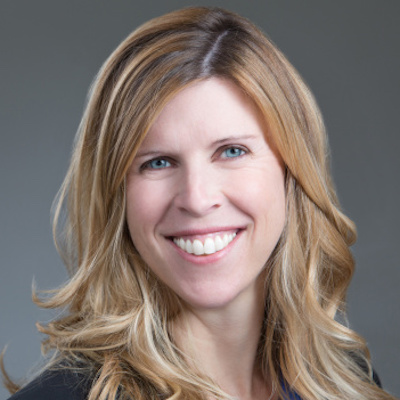
Stephen Fowler

Stefanie Murray

Jesenia De Moya Correa
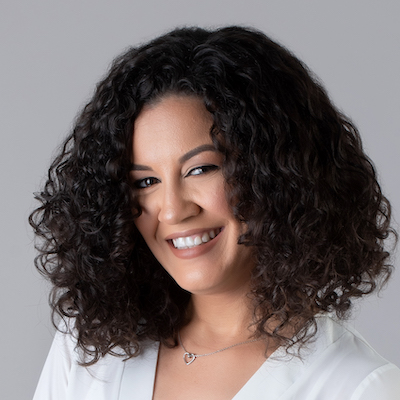
Shalabh Upadhyay

Ståle Grut

Gabe Schneider

Tamar Charney

Wilson Liévano

Matthew Pressman

A.J. Bauer

Meena Thiruvengadam

Joshua P. Darr

Jennifer Brandel

Simon Allison

Sam Guzik

Rachel Glickhouse

Zizi Papacharissi
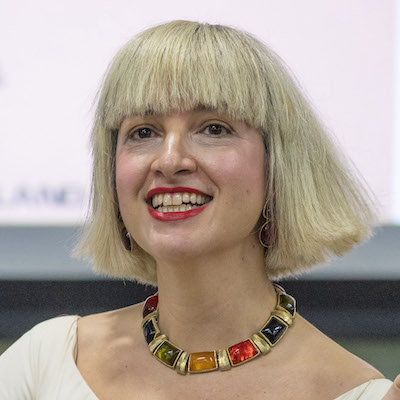
Gordon Crovitz

Jennifer Coogan

Anthony Nadler

David Cohn

Ariel Zirulnick

Matt Karolian

Mike Rispoli

Mary Walter-Brown

Larry Ryckman

Paul Cheung

Kathleen Searles Rebekah Trumble

Izabella Kaminska
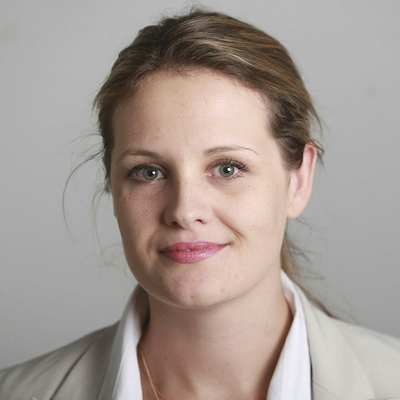
Julia Munslow

Tom Trewinnard

David Skok
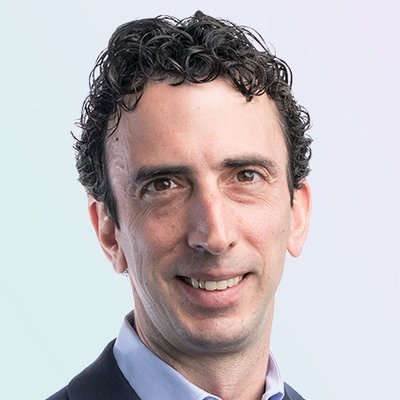
Sarah Stonbely

Melody Kramer

Sarah Marshall

Daniel Eilemberg

Parker Molloy

Whitney Phillips

Mario García

Millie Tran

Tony Baranowski

Eric Nuzum

Kendra Pierre-Louis

Jonas Kaiser

Candace Amos
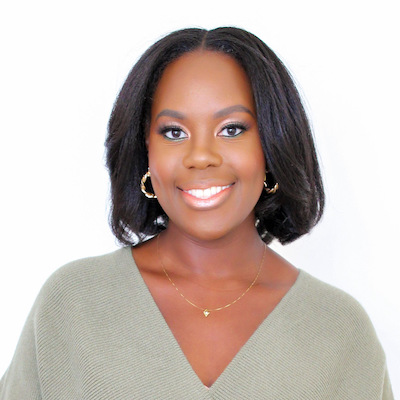
Julia Angwin

Amara Aguilar

John Davidow

Joni Deutsch

Moreno Cruz Osório

Jesse Holcomb

Anita Varma

James Green

Matt DeRienzo

Francesco Zaffarano

Juleyka Lantigua

Richard Tofel

Janelle Salanga

S. Mitra Kalita

Doris Truong
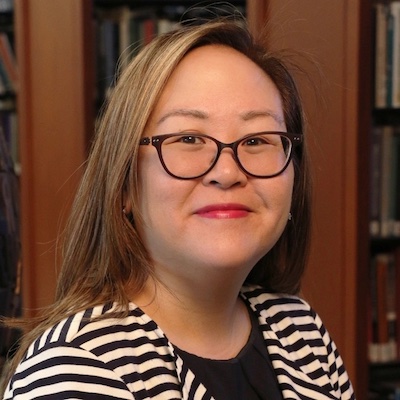
Rasmus Kleis Nielsen

Burt Herman

Gonzalo del Peon

Amy Schmitz Weiss
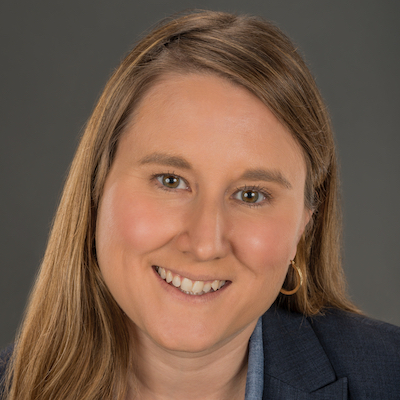
Natalia Viana

Raney Aronson-Rath

Kristen Jeffers
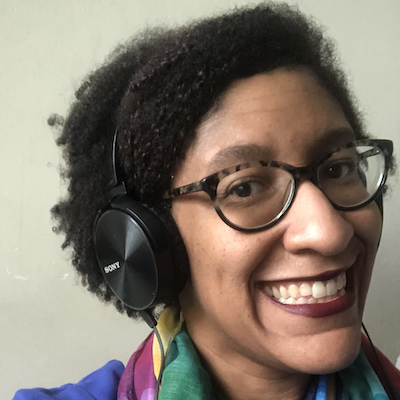
Andrew Freedman

Simon Galperin

Errin Haines

Laxmi Parthasarathy

Shannon McGregor Carolyn Schmitt

Don Day

Robert Hernandez
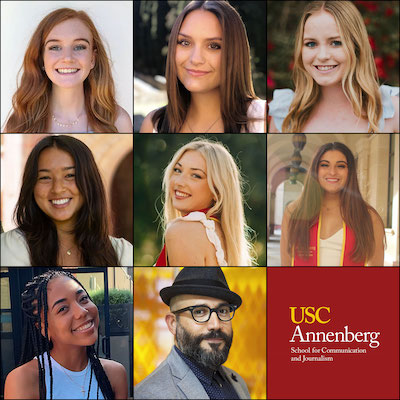
Anika Anand

Nikki Usher

Jessica Clark

Alice Antheaume

Megan McCarthy

Cherian George
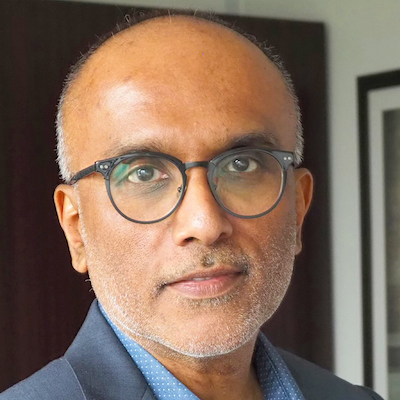
AX Mina

Joanne McNeil

Catalina Albeanu

Chicas Poderosas

Joe Amditis

j. Siguru Wahutu

Kerri Hoffman
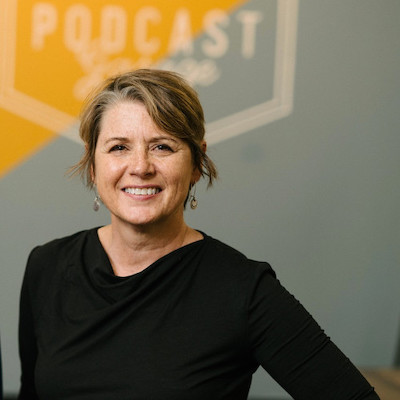
Brian Moritz

Chase Davis

Victor Pickard

Cindy Royal

Cristina Tardáguila

Joy Mayer

Mandy Jenkins

Jim Friedlich

Michael W. Wagner

Christina Shih
